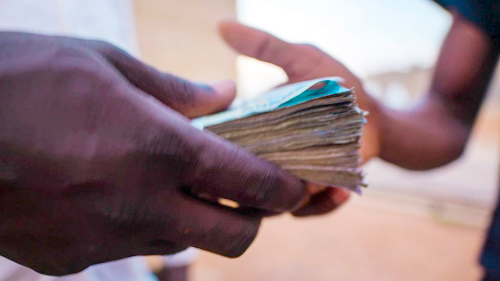
Monetization basically involves offering financial inducements to voters to get their votes, this constitutes the giving of cash or other material incentives in exchange for votes. Political parties and election candidates have had the habit of engaging in excessive vote buying in order to get elected into office both during intra and inter-party level elections. Monetization in elections has become an emerging threat to Ghana’s democracy.
The emergence and the growth of the use of money to negatively influence the nation’s electoral politics and governance is undermining multiparty representative democracy in the country. Monetization undermines democracy by promoting corruption and reducing the role of honesty and integrity in politics, other drivers of monetization include the high levels of poverty in the country. Politicians usually target delegates who are poor and vulnerable to vote buying as they are more inclined to monetary influence. There’s no doubt that politics cannot play without money, but a situation where money is placed above every other factor is not democracy. It is a move towards plutocracy, where government is in the hands of the richest class of people in society.
The current state of the office of the Electoral Commission (EC) of Ghana can be couched as a bleeding pillar in Ghana’s electoral democracy pending crisis. In spite of the numerous reform measures undertaken by the EC to improve the quality delivery of its constitutional mandate the increasing monetization of parliamentary and presidential elections poses a serious threat to Ghana’s future electoral fortune.
The significant issue of ethics, values, intellectual capacity, and a high sense of professionalism is gradually fading away.
The main purpose of political leadership is to improve the living standards of citizens not to make their families and generations rich with taxes of citizens. We can do better as a Nation!
Story by: Abena Ahenkan / Ahotoronline.com


